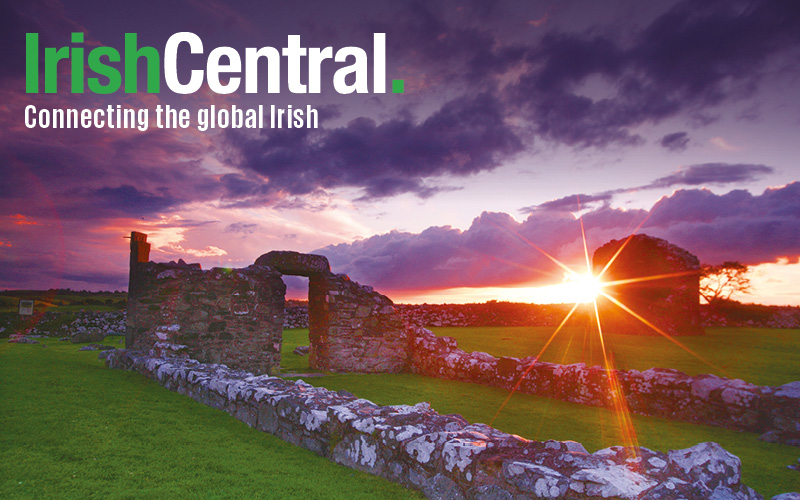43 Irish soldiers who died serving in the British Army to be buried in unmarked graves will finally have their contributions recognized this Remembrance Day.
Headstones to honor the Irish servicemen and women who lost their lives in the First and Second World War's will shortly be erected and their surviving relatives will be asked to come forward for an ecumenical service in Dublin’s Glasnevin Cemetery on November 11.
Irish Historian Shane MacThomais told the press: “These people are somewhat the forgotten people, anonymous people, who joined the British Army and lost their lives. They were buried in unmarked graves and forgotten about generation after generation.”
Most of the 41 men and two women were in their late teens or early twenties when they died, MacThomais said. Many were poor, living in workhouses or tenement dwellings, and many had contracted the Spanish flu or infections from combat wounds. Others had been gassed in the trenches in France and Gallipoli, only to be discharged and later die from associated diseases.
Poverty or shame about their service in a foreign army had meant that some of the Irish service members served under false names.
“In 1914 it was very popular to join the British Army, but by 1918 it was very unpopular so these people would come home and say nothing,” MacThomais said.
43 headstones will be laid out in front of the cemetery museum during the ecumenical service and then placed on the graves after November 11.
The Commonwealth War Graves Commission, in association with the local Glasnevin Trust, plan to erect the headstones on the remaining 43 graves next year.




Comments